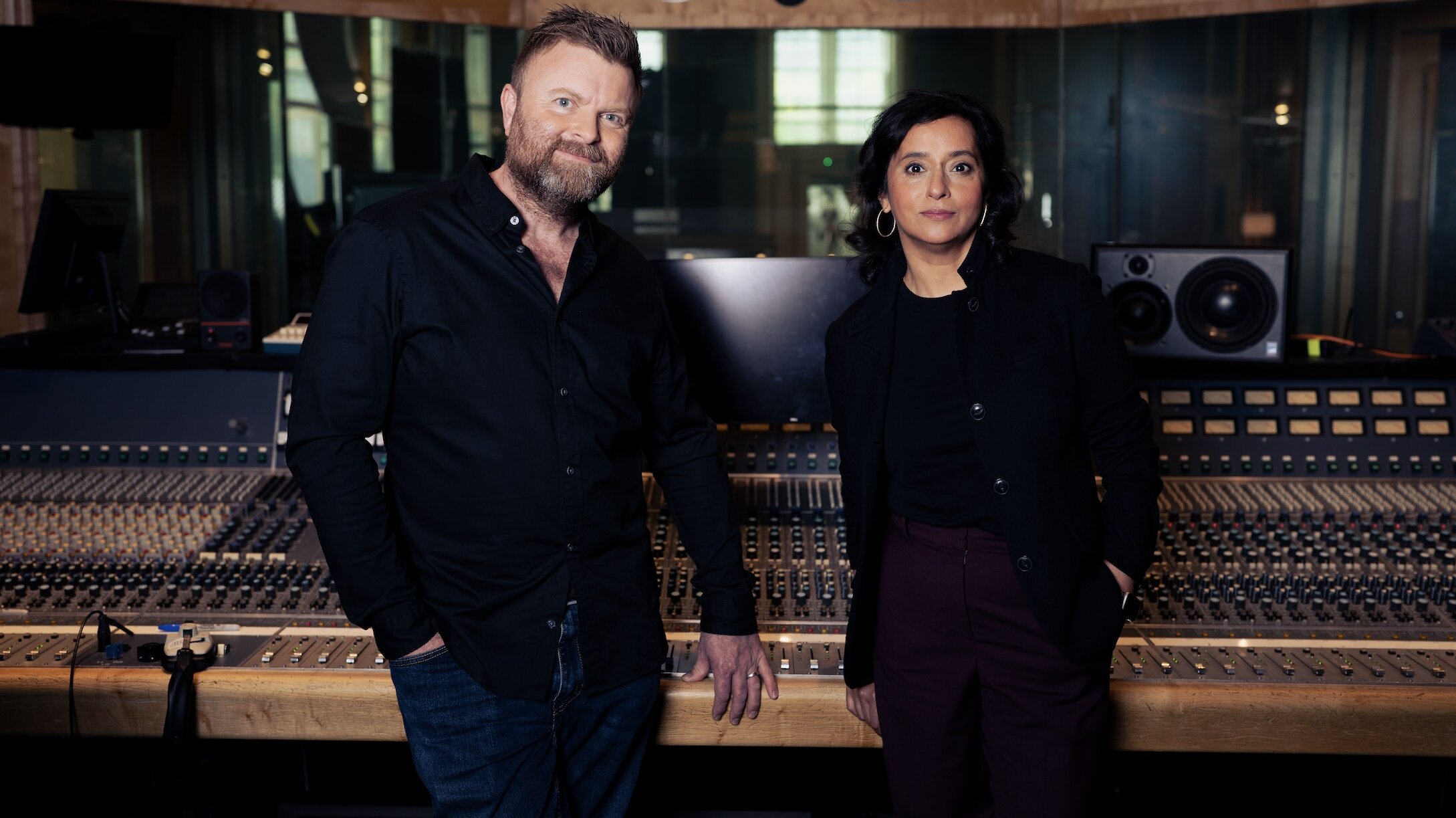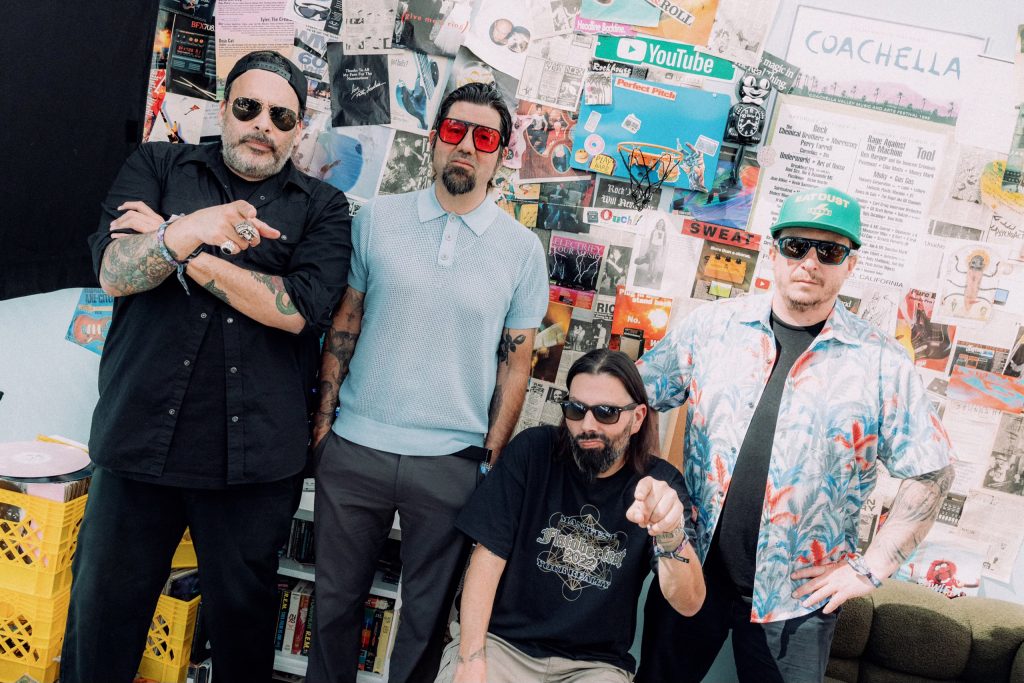Splice and Spitfire Audio Acquisition Overview
SPLICE was valued at almost 500 million US dollars in 2021 after securing 55 million US dollars in financing, marking the acquisition of the British “high-class” virtual tool library, Spitfire Audio.
The financial details of the acquisition remain undisclosed; however, according to Financial Times, a source familiar with the matter has indicated that the deal is valued at 50 million US dollars.
This acquisition signifies SPLICE’s entrance into the plugin market, which is estimated to be worth 640 million dollars and aligns with current subscription models and rental enterprises.
By taking this step, Splice positions itself to capitalize on the expanding music creation market, which is projected to nearly double to $14 billion by 2031 as reported by Midia Research.
Company Background and Insights
Founded in 2013 in New York, Splice generates annual revenue exceeding 100 million US dollars, according to reported sources. The valuation of the company reached almost 500 million during a funding round in 2021, led by Goldman Sachs and investor Matt Pinkus Music.
Spitfire Audio, established in 2007, delivers premium virtual tools, including recordings from Hans Zimmer, Ólafur Arnalds, BBC Symphony Orchestra, and Abbey Road Studios, catering to professional composers and producers.
“At Spitfire Audio and Splice, we deeply respect composers, musicians, and producers, aiming to celebrate and support their craft,” stated Kakul Srivastava, the CEO of Splice.
“With expressive Spitfire tools and the AI SPLICE platform, we are just beginning to explore the possibilities.”
Kakul Srivastava, CEO
“We are creators first, companies led by individuals who believe great software and technology can enhance the creative process. Our shared vision is to develop tools that expand, rather than replace, human creativity,” Srivastava added.
“By fusing Spitfire tools with the AI SPLICE platform, we are just starting to uncover the potential,” he reiterated.
“Our focus has always been on inspiring people to create extraordinary music. With Splice, we can now extend this inspiration to a new generation of artists, producers, and storytellers.”
Paul Thomson, Spitfire Audio
Future Directions and Implications
Paul Thomson, co-founder of Spitfire Audio, remarked, “Our commitment to inspiring creativity in music continues. Partnering with Splice allows us to extend that spark to a fresh wave of artists and producers.”
Post-acquisition, Splice and Spitfire Audio will operate independently, with Olivier Robert Murphy remaining as the General Director of Spitfire Audio, reporting directly to Srivastava. Thomson will maintain control over the creative direction of Spitfire Audio.
“Splice has already built an incredible business,” Murphy noted. “This collaboration means that Spitfire Audio’s sounds will reach new studios globally—whether they belong to bedroom producers or blockbuster composers.”
The acquisition comes amid expanding AI capabilities, with approximately 40% of users reportedly utilizing AI tools on the platform. In 2024, Splice is expected to reach nearly 350 million downloads of its sound samples across all genres, although it has not disclosed whether the figures reflect growth or decline compared to 2023.
During a discussion with Thomson in a one-on-one at London Air Studios, Srivastava mentioned that Splice is committed to developing ethical AI elements that ensure fair compensation for artists. “The unification of these technologies will be vital,” he emphasized.
Thomson acknowledged the concerns regarding AI in the music community, stating, “There is considerable apprehension about AI within this industry.”
“As musicians and composers, we have historically embraced technology. We welcomed new plugins and innovative approaches. It’s simply a tool that can enhance our creativity, and that’s where our focus should lie,” added Thomson.
Last month, SPLICE launched a feature for its mobile app, enabling users to record vocals from instruments created within the app. This functionality utilizes Splice’s Create AI Engine, which debuted in June 2024, to analyze recordings and identify sounds that align harmoniously.
Splice acquires Spitfire Audio for a reported $50m as it bets on AI music creation





